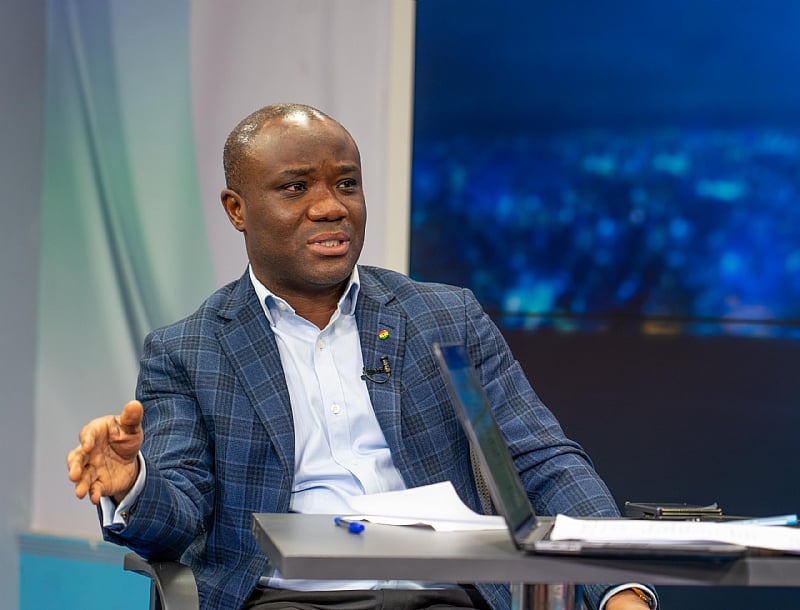The transition of power from the Akufo-Addo-Bawumia administration to the subsequent government led by the National Democratic Congress (NDC) was marked by controversy surrounding last-minute public service appointments. Felix Kwakye Ofosu, Minister of State for Government Communication, accused the previous administration of flouting due process in these appointments, creating a situation deemed both unlawful and financially burdensome for the incoming government. A comprehensive review of the appointment process, according to Kwakye Ofosu, revealed a litany of irregularities, casting a shadow over the legitimacy of these last-minute recruitments.
Central to the allegations was the claim that a significant number of appointees failed to adhere to standard application procedures. Many individuals, it was alleged, secured positions within public institutions without submitting formal application letters, a fundamental requirement in any recruitment process. This disregard for established protocol raised concerns about fairness, transparency, and the potential for favoritism in the allocation of public sector jobs. Further compounding the irregularities was the revelation that some recruits were appointed without undergoing the customary interviews designed to assess their qualifications and suitability for the roles they were assigned. This omission bypassed a critical vetting stage, raising questions about the competence and merit of the appointed individuals.
Adding to the complexity of the situation was the discovery that some appointees also neglected to complete the mandatory medical examinations, another standard procedure in public service recruitment. This requirement is in place to ensure that individuals are physically and mentally fit for the demands of their positions. The failure to adhere to this protocol raised concerns about potential health risks and the ability of these individuals to effectively discharge their duties. Taken together, these irregularities – the absence of application letters, the lack of interviews, and the omission of medical examinations – painted a picture of a rushed and haphazard appointment process that disregarded established procedures and potentially compromised the integrity of the public service.
The timing of these appointments, occurring in the waning days of the Akufo-Addo-Bawumia administration, further fueled suspicions about their motives. Kwakye Ofosu emphasized that the NDC transition team had, in December 2024, cautioned against these appointments, forewarning that they would be reviewed and potentially revoked upon the assumption of power by the new government. This preemptive warning, however, appeared to have been disregarded, leading to the subsequent revocation of the appointments by Chief of Staff Julius Debrah. A confidential letter circulated to all heads of government institutions instructed compliance with this directive, effectively nullifying the last-minute appointments made by the previous administration.
The implications of these irregular appointments extended beyond procedural improprieties to encompass potential financial burdens on the incoming government. Kwakye Ofosu highlighted the precarious fiscal situation of the country at the time, emphasizing that the influx of newly appointed personnel would exacerbate the existing financial strain. The government, already grappling with economic challenges, could ill afford the added expense of salaries and benefits for individuals whose appointments were deemed questionable. This financial dimension added weight to the government’s decision to revoke the appointments, reinforcing the argument that they were not only procedurally flawed but also fiscally irresponsible.
The revocation of these appointments underscores the importance of upholding due process in public service recruitment. A transparent and rigorous selection process is essential to ensure that the most qualified and suitable individuals are appointed to public office. Bypassing established procedures not only undermines the integrity of the system but also opens the door to potential abuse and cronyism. The controversy surrounding these last-minute appointments serves as a reminder of the need for vigilance in safeguarding the principles of fairness, transparency, and accountability in the public sector. It also highlights the importance of a smooth and transparent transition of power, ensuring that incoming administrations are not burdened by the questionable actions of their predecessors.


